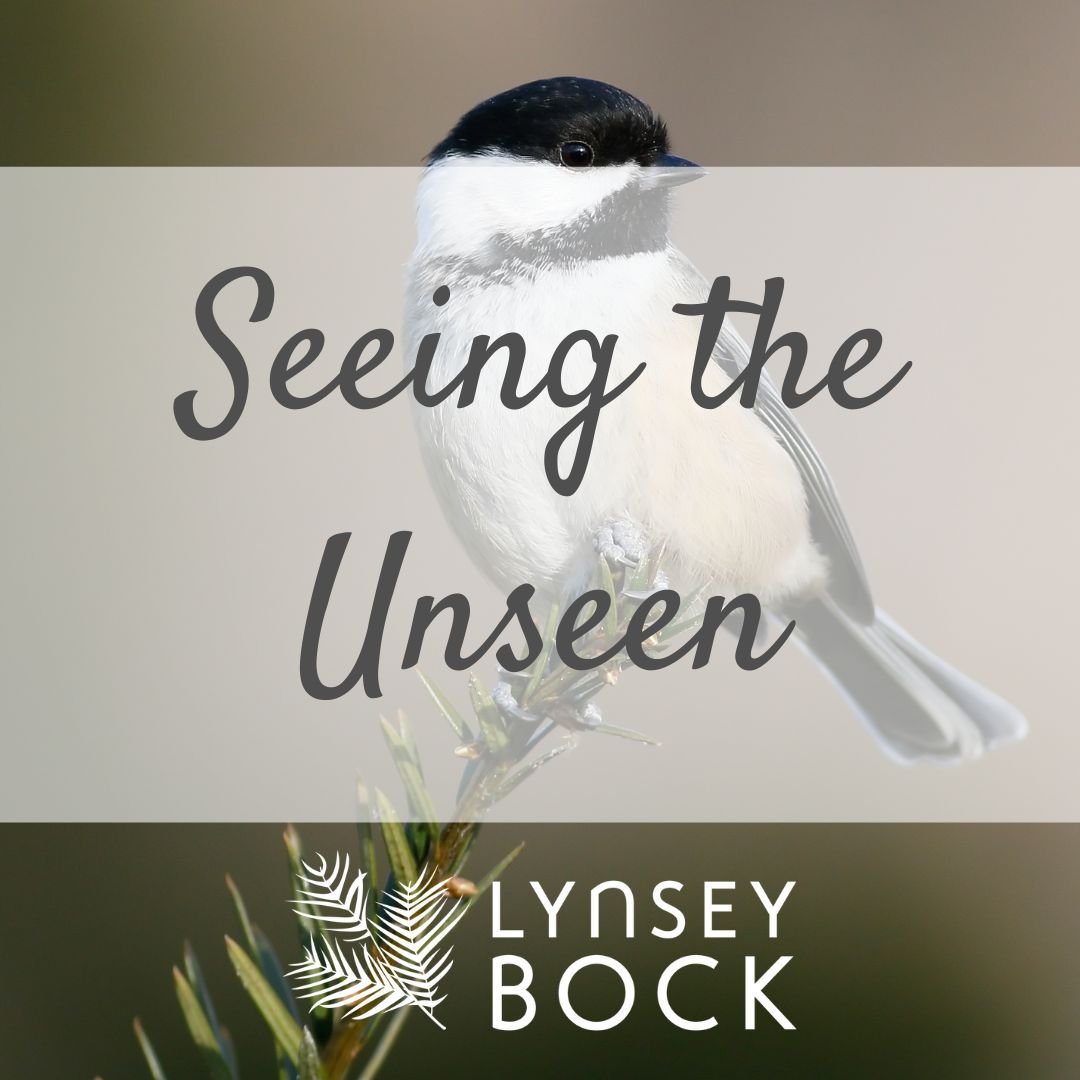Welcome to Day 1 of the 7 Deadly Thoughts series! We’ll be starting out discussing Prideful Thoughts.
Miss this series’ introductory post? Pop over here and check it out!
#1: Prideful Thoughts
Other people don’t live up to my high standards.
Not too long ago, I fell into the sin of prideful thinking, and it was over something completely trivial.
At the time, most of my friends and family drank soda or coffee regularly to stay alert throughout the day. I didn’t care for coffee then, rarely drank soda, and somehow ended up fairly conceited about it. I was quite pleased with myself because I didn’t need “that stuff” to make it through the day. I thought I was making a good, healthy choice, and I allowed it to make me feel superior.
Now, there’s no problem with someone choosing to either enjoy or abstain from caffeine. With proper moderation, it doesn’t need to be a moral issue whether you do or don’t. My personal abstention was not sinful, but my prideful thoughts about it were.
This is true of all morally neutral convictions--decisions the Bible doesn't give us specific directions about. When we have the freedom to choose, we can become so passionate about our choices that we try to impose them on everyone. We think we know better and become frustrated when they disagree. This allows non-essential issues to become points of division.
Your area of pride may be different than mine. Maybe it’s really important to you to dust and vacuum your home every day, and you look down your nose at the dust bunnies lurking in the corners of your friend’s home. Perhaps you are passionate about being “green”, so you shake your head at homes that use disposable goods and traditional cleaning products. These are all wonderful things to be passionate about, and if you are pursuing them to the glory of God [1 Corinthians 10:31], more power to you! But, if your attitude becomes condescending or scornful, these morally neutral choices have become tainted with the sin of pride.
Do nothing from rivalry or conceit, but in humility count others more significant than yourselves.
Philippians 2:3
We shouldn’t be getting into rivalries with other believers about how we educate our children, or feel conceited about how much money we save by not having cable television. In humility, we must consider others (and our thoughts and attitudes toward them) as more significant than passions that may be God-given, but are not essential to the Gospel.
The antidote to Pride is Humility.
I made it all the way through college and grad school without jumping on the coffee bandwagon. What finally did me in was having to set my alarm for 5:30am every day when I became a teacher. Over a period of a few months, I went from grabbing a coffee once a week or so, to every school day, to every single day. I’ve developed a taste for lattes, and these days I make myself one every morning. I now recognize that there are appropriate ways to use caffeine, and abstaining or indulging is nothing to be prideful about.
I eventually changed my mind about caffeine, but not all of our private passions will change. We can still get excited about jogging, cloth diapering, eating gluten-free, or homesteading, and even enthusiastically share our opinions with others! The key is that humility piece from Philippians 2:3. We must approach all of these topics with humility, and place higher value on relationships than on whether we can talk all of our friends into switching to reusable toilet paper because it's so Earth-friendly.
Put on then, as God's chosen ones, holy and beloved, compassionate hearts, kindness, humility, meekness, and patience, bearing with one another and, if one has a complaint against another, forgiving each other; as the Lord has forgiven you, so you also must forgive. And above all these put on love, which binds everything together in perfect harmony.
Colossians 3:12-14
Respond
Has a personal conviction ever become a point of pride in your life? What steps have you taken be passionate, but with humility?








